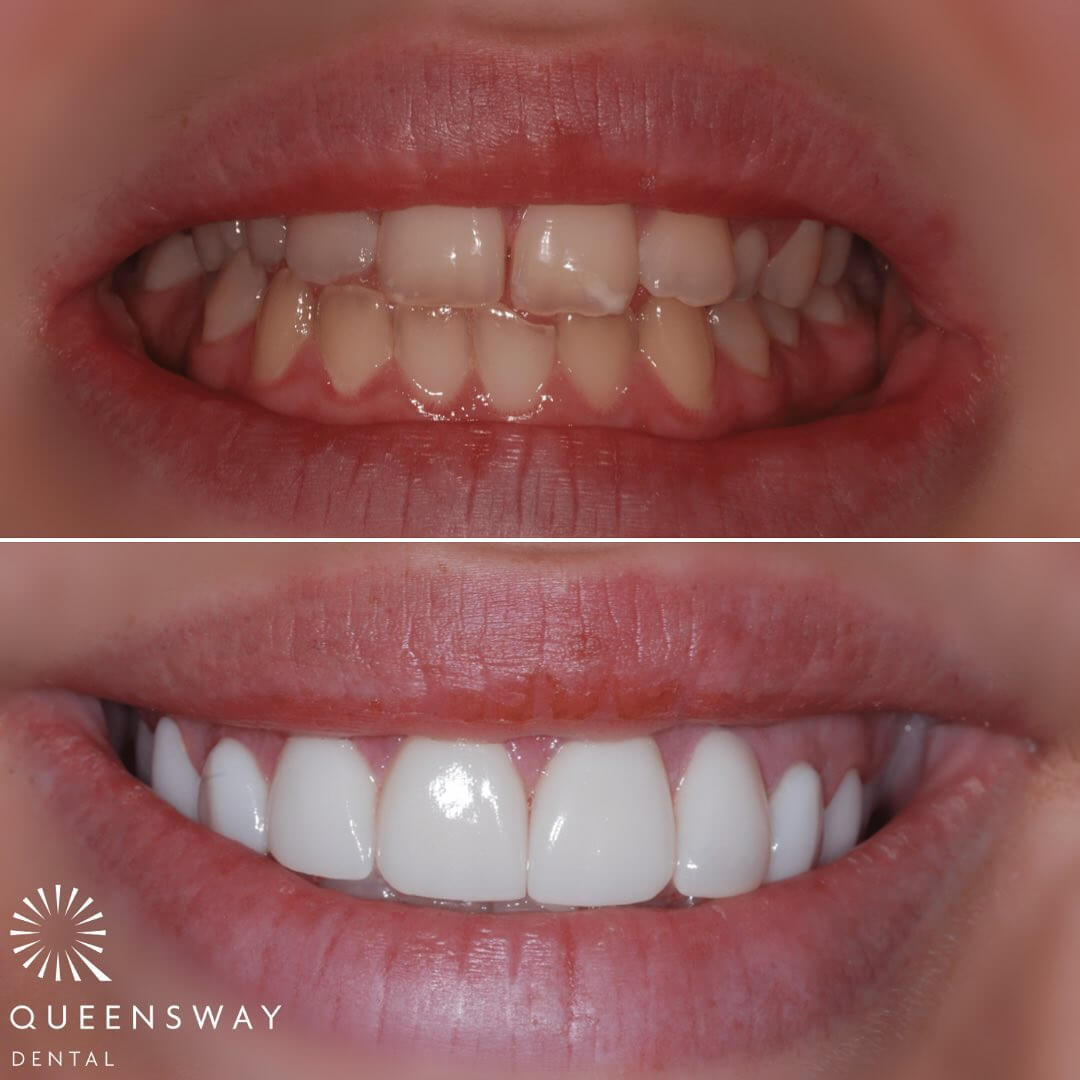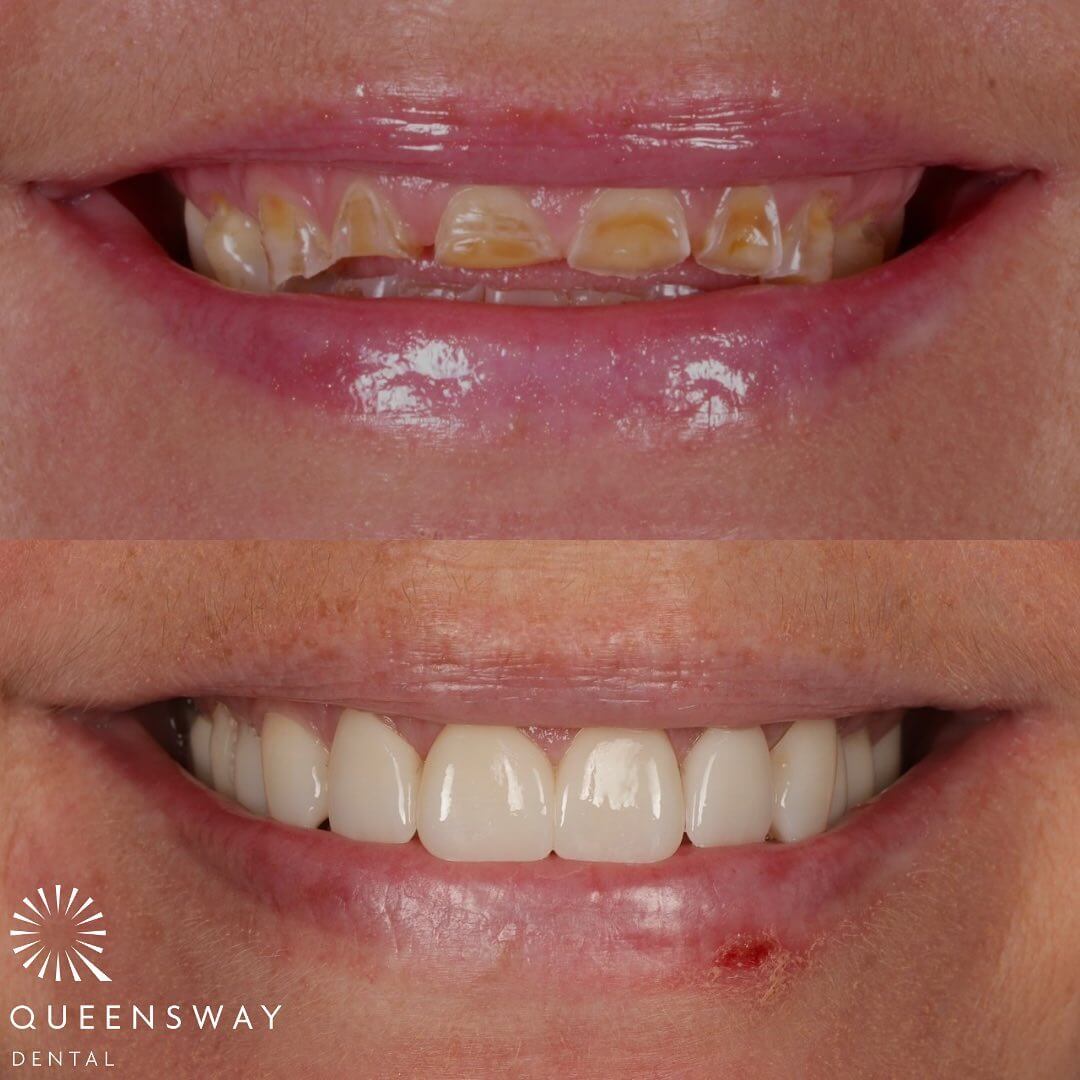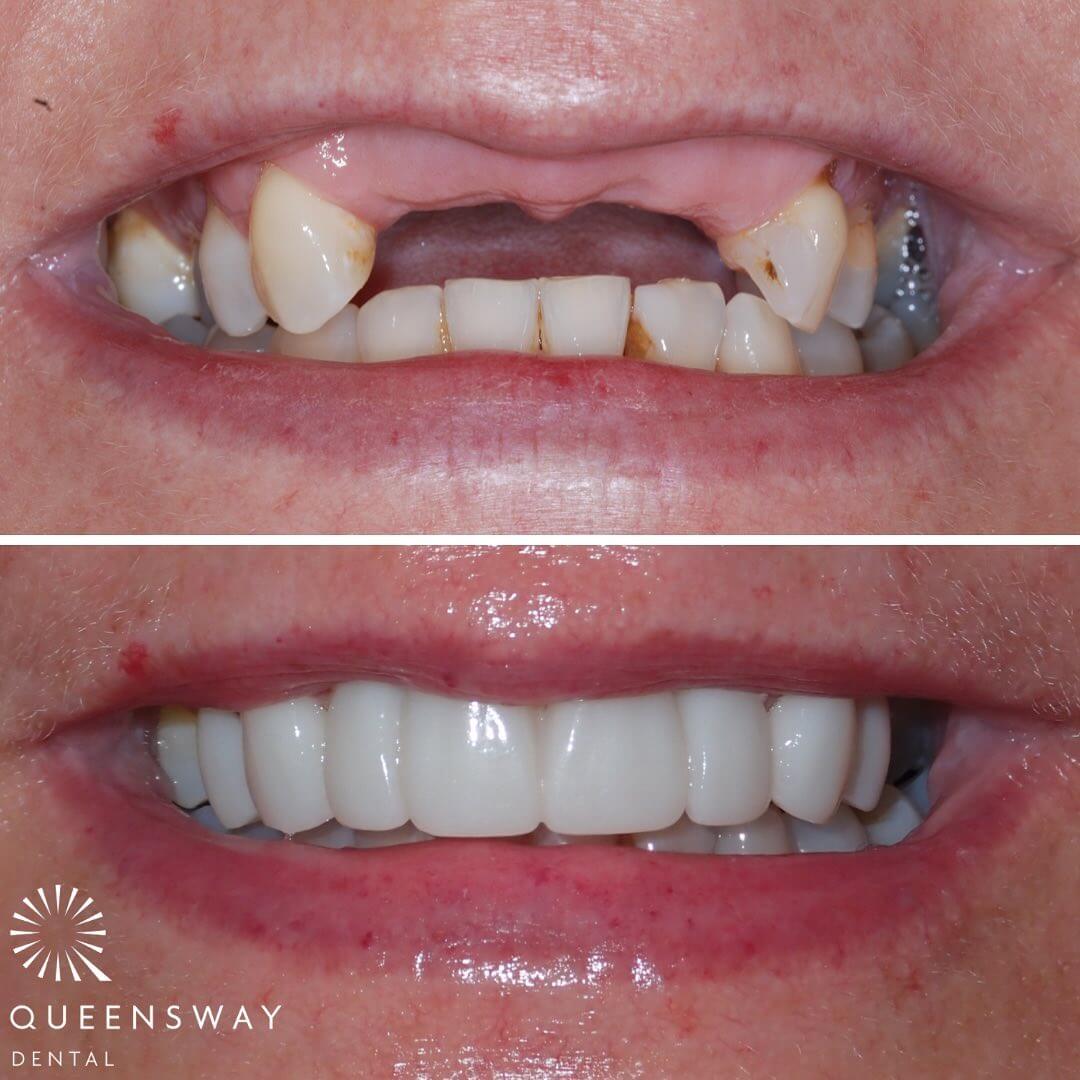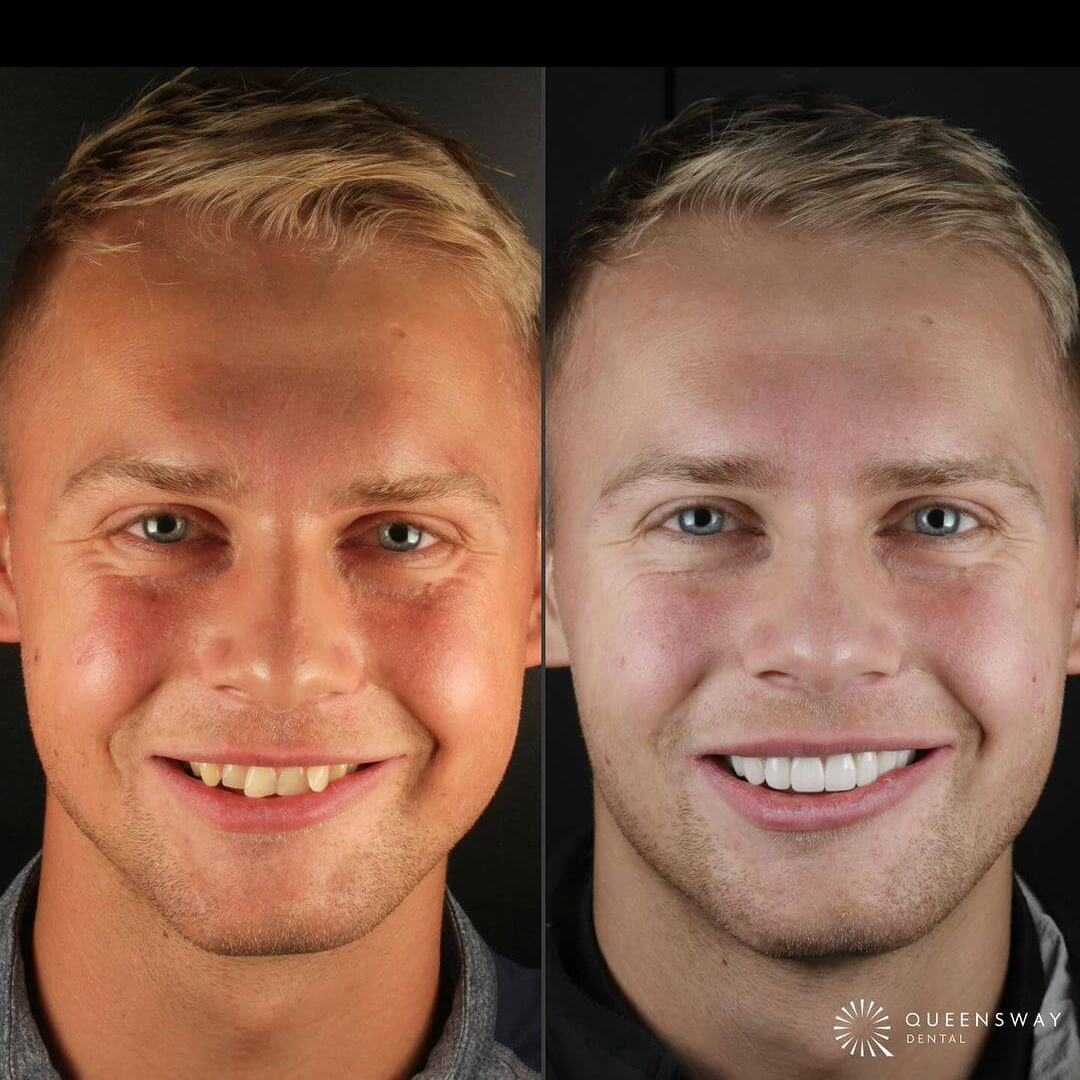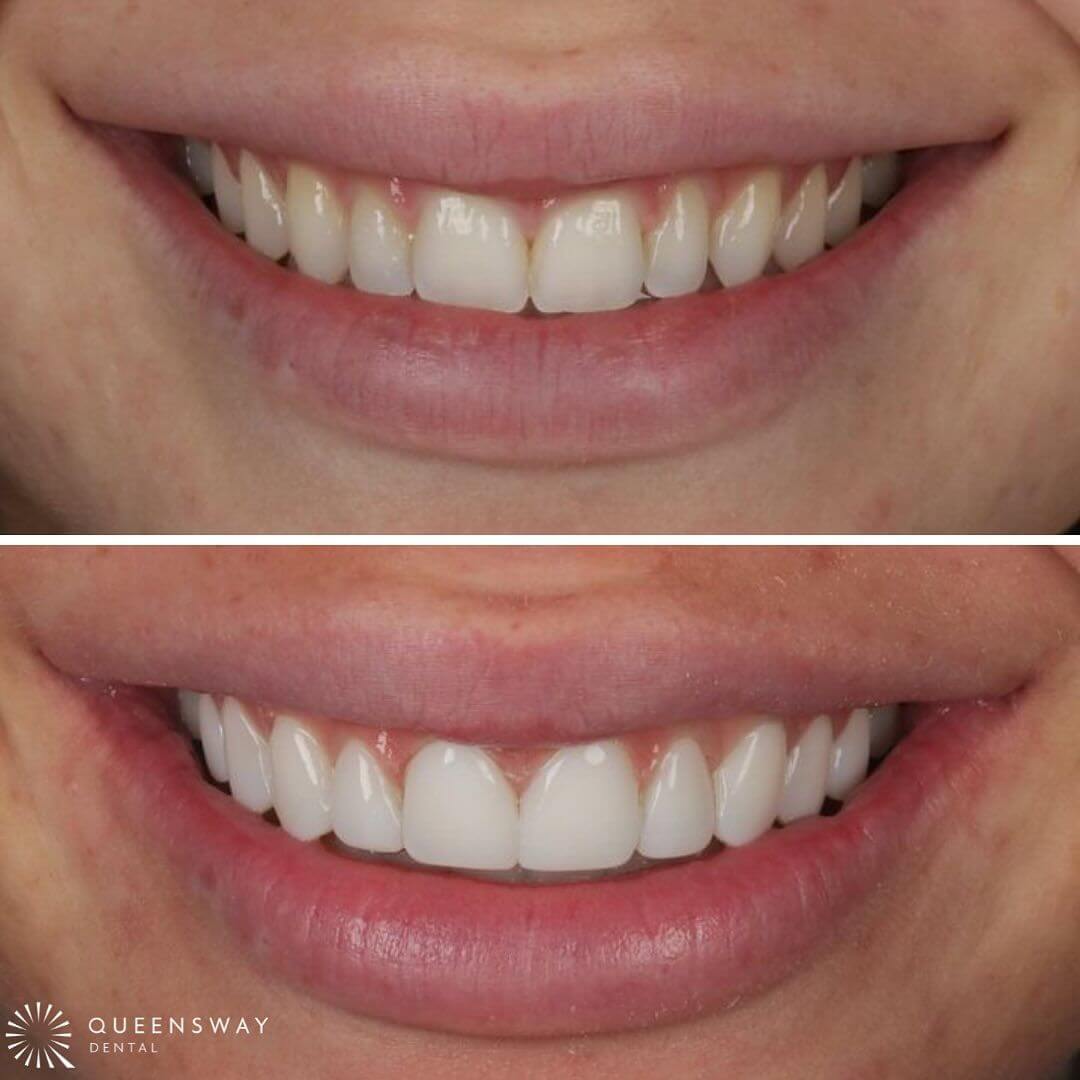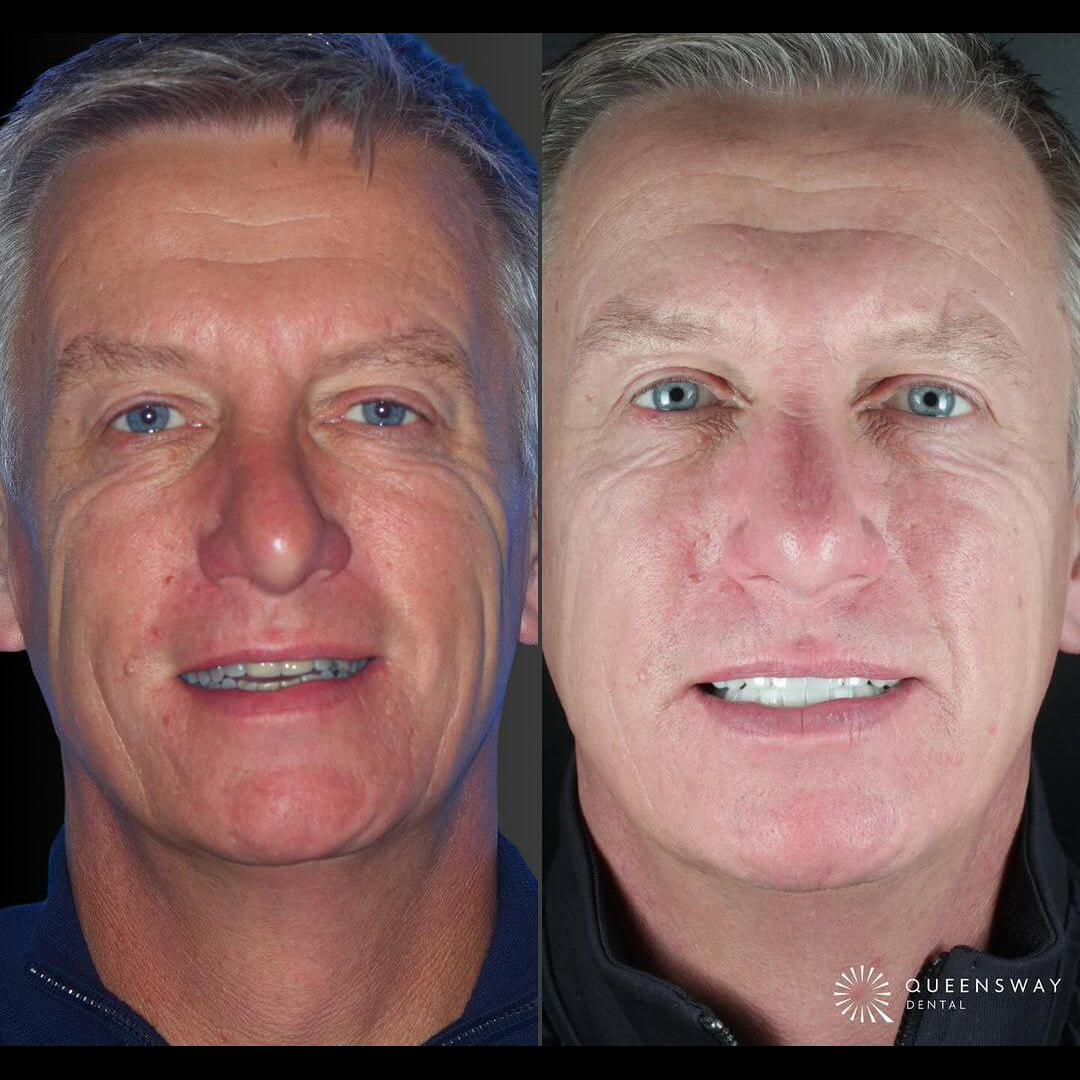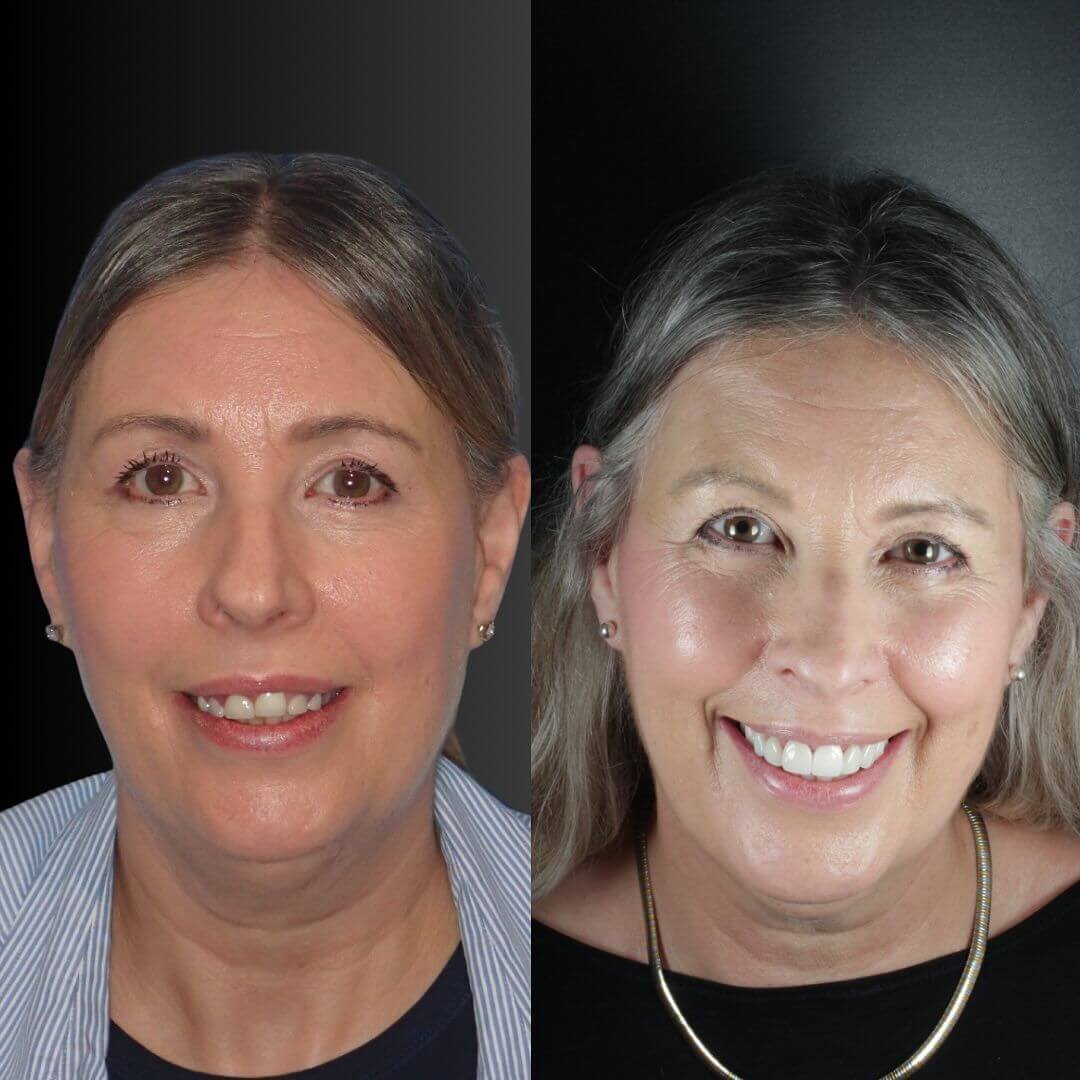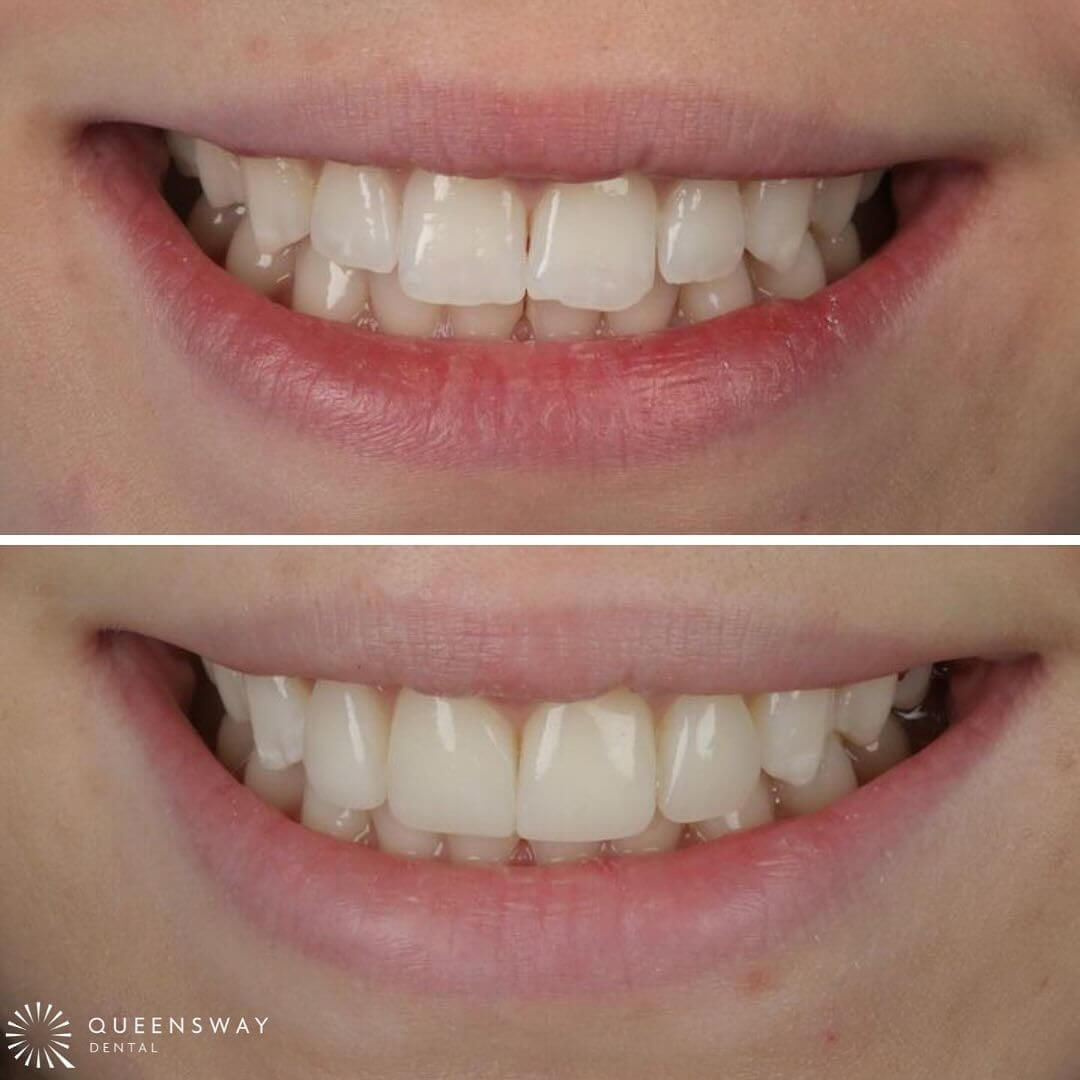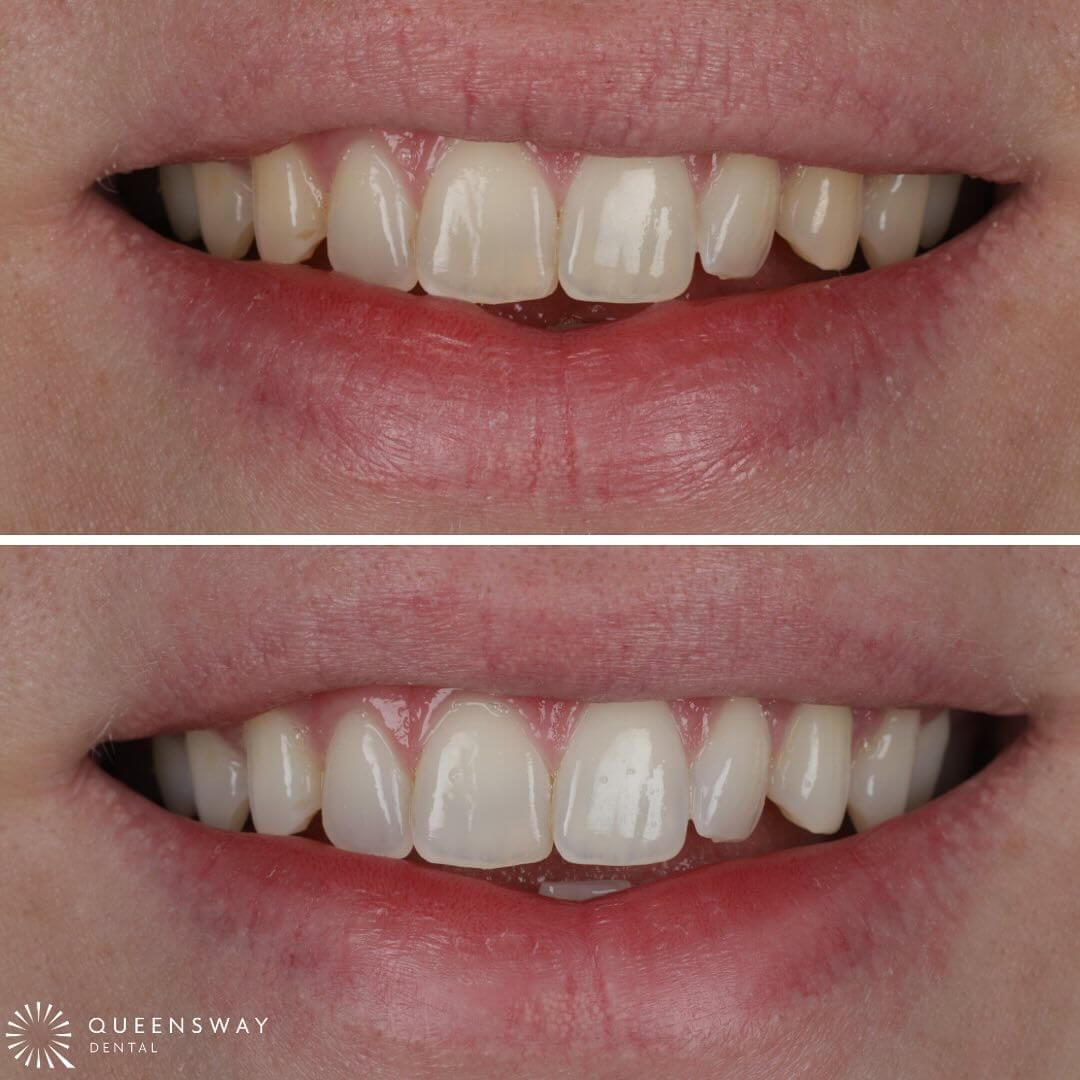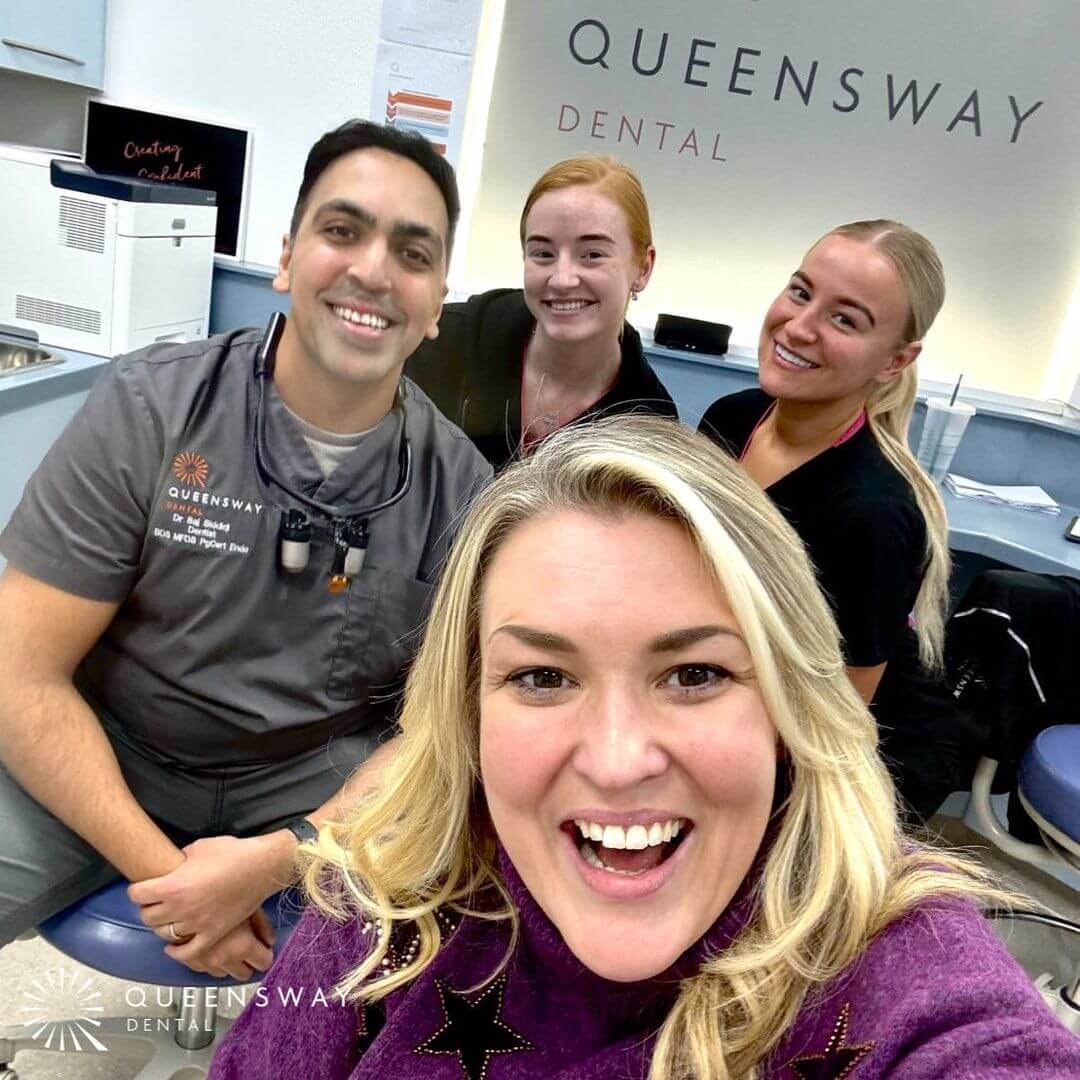Get 50% Off Tooth Whitening Until June 30th! Claim Offer
Tinnitus doesn’t come back to bite Mr Heffernan
Feb 7, 2017

Tinnitus is the term for the sensation of hearing a sound in the absence of any external sound. You might hear different types of sound, for example ringing, buzzing, whooshing or humming. These can be continuous or they can come and go. It’s very common, with approximately 30% of the British public experiencing Tinnitus at some point in their lives but the number of people who live with persistent Tinnitus is approximately 10%.
There is a broad consensus that Tinnitus is mostly associated with damage to the hair cells in the inner ear. However, some dentists are starting to see evidence that Tinnitus may also be caused by an imperfect bite or occlusal problem. This variation of tinnitus is somatosensoric like other types of tinnitus associated with muscle tension, primarily in the neck and jaw area and this can be linked to an imperfect bite.
Dr Ian Lane of Queensway Dental is supportive of this theory following further occlusal training at the Kois Centre for Dental Studies in Seattle. Following a visit to Seattle, Dr Lane started some treatment for a patient who also happened to have Tinnitus. Mr Heffernan had been suffering with a troublesome case of night-time Tinnitus for a number of years but also required some improvements to his bite with replacement crowns and bridges.
As an avid rugby player in his youth, Mr Heffernan had placed a lot of force on his teeth causing some bite dysfunction which led to him booking an appointment at Queensway Dental. He underwent complex treatment to rework his upper asset of teeth and fix his bite by realigning his jaw. As this treatment was required anyway to repair his teeth, he was stunned to discover not only had his bite been fixed, he was cured of Tinnitus.
Dr Lane, commented: “Not every patient has or requires the perfecting biting position. However, following a thorough assessment and detailed understanding of potential occlusal problems it is possible to realign the bite and lower jaw position, placing less pressure on the middle ear. In some cases of Tinnitus this can provide dramatic improvement to patient symptoms. Similar treatments of bite correction can also help to reduce long term damage to teeth and other side effects such as muscle aches, neck tension and migraines. Seeking a dentist with the required skills to assess, diagnose and treat these conditions is worth considering for patients with similar problems.”
Mr Heffernan said: “Working in healthcare, I knew that Tinnitus could potentially be the symptom of an underlying issue and did not expect dental treatment to help my case in anyway. I was conscious of my bite and knew that it needed a concerted look but I’ve been left amazed with the result. Not only am I happy with my fixed bite, the Tinnitus has completely gone - it really is life changing.
“I would recommend anybody who is suffering from both Tinnitus and an imperfect bite to not dismiss the theory and book an appointment with a reputable dentist asap as well as consulting their GP.”
Rather than grinning and bearing it, have your teeth checked.


